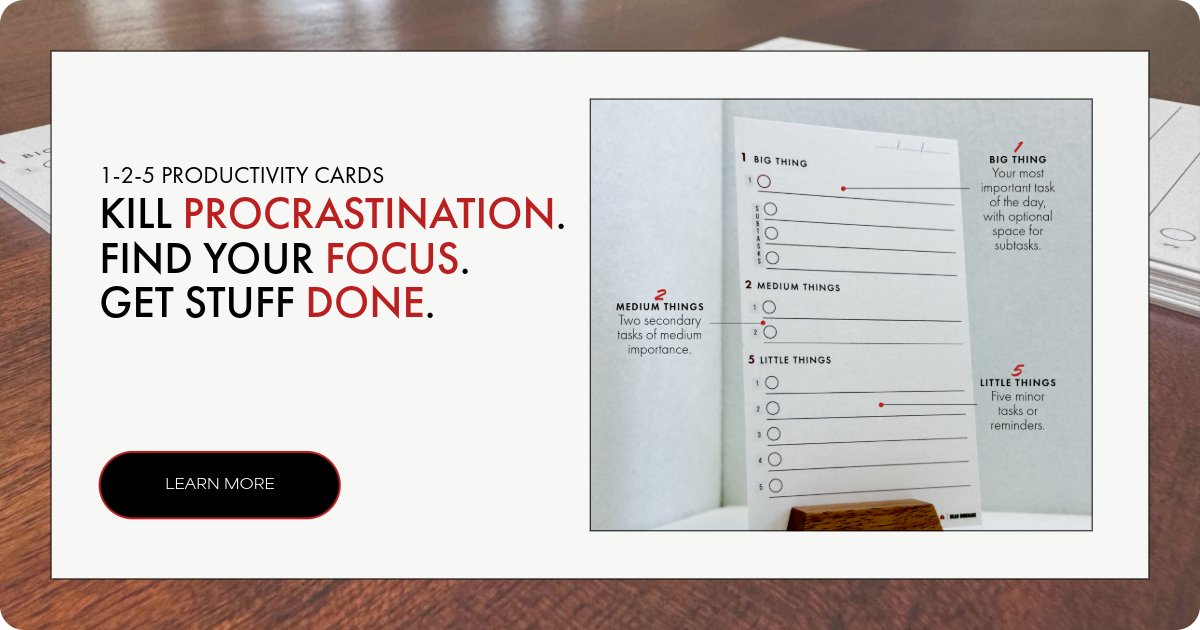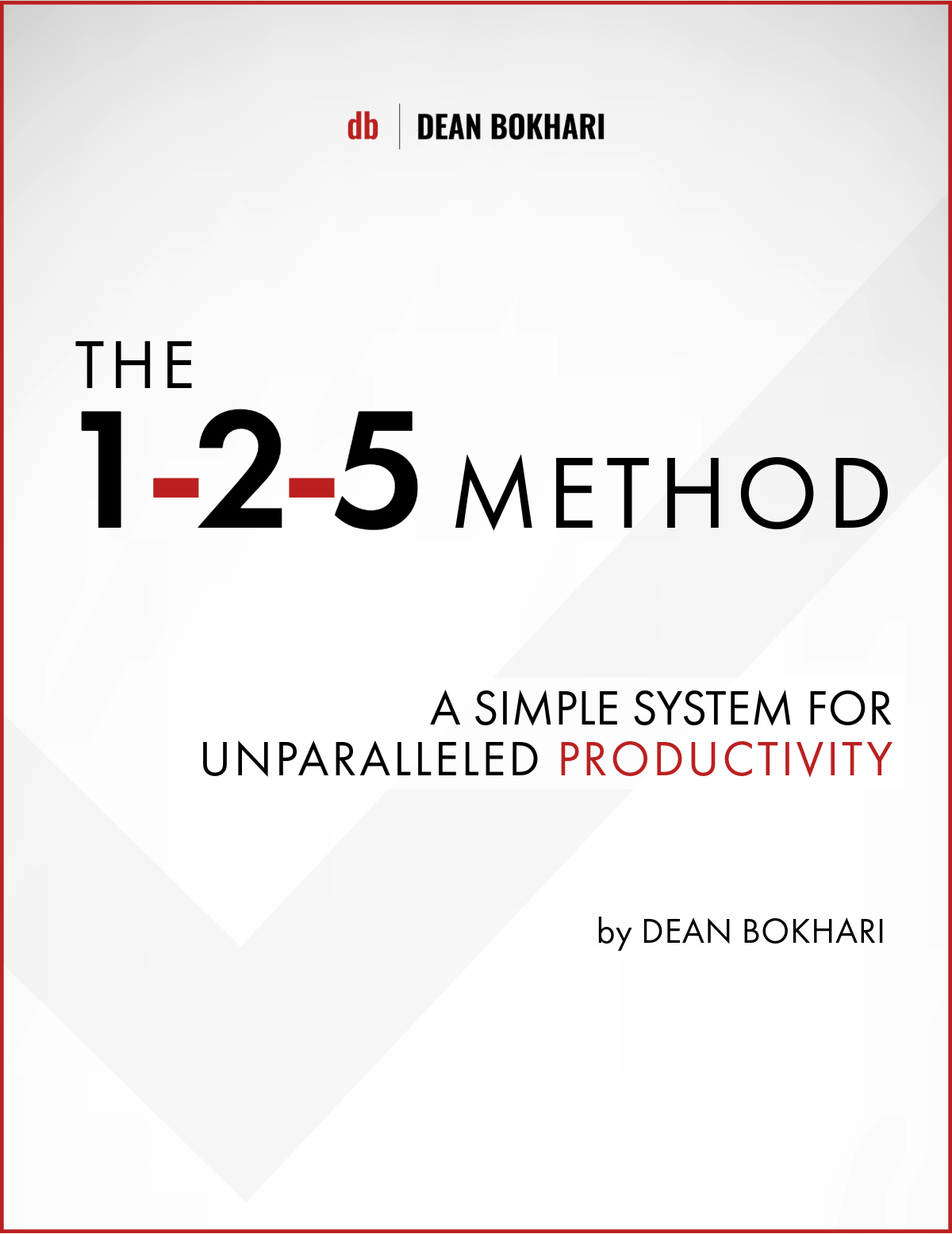5 Steps To Decide The Right Career Path
Collaborative Post
Selecting the ideal career requires extensive study and serious thought. It is important to find one that best fits your objectives and skill set, and you are enthusiastic about; career guidance may be necessary in this situation. Research shows that most people find it difficult to choose a career path they like. This article will highlight key tips to help you choose the best option.
1. Consider your everyday obligations

Every job has a particular set of routine duties, so it is crucial to think about what your typical workday can include. While certain positions may have little fluctuations in their schedules or duties, others may be more spontaneous. Therefore, evaluate various career options and get in touch with industry leaders to gain greater insight into the daily operations of any position that piques your interest. A job shadowing opportunity with a member of your professional network is another option, as is reviewing job descriptions that outline various responsibilities and activities.
2. Consider your abilities and skill set
You can consider making your favorite hobby or something you know you are strong at into a job. For instance, you could be interested in a profession as a furniture maker if you enjoy constructing things and carving wood. It is crucial to consider your soft skills and technical abilities for a more informed decision. As a tip, leverage resources like the Strong-Interest Inventory test to help you highlight your strengths. Examples include communication, interpersonal connections, time management, public speaking, and active listening.
3. Establish your financial goals
Even if a career’s pay or salary is not the only factor that matters, it is vital to examine whether you have any compensation requirements. To find out the normal wage range for roles in the industry you are interested in, search online for opportunities in that field. Not only that, but keep in mind your day to day running costs in terms of equipment maintenance and supplies. For example, if you want to run a medical business, are you going to be able to buy catheters or blood testing needles in bulk every month? It’ll take time to pad out your patient roster and start making a strong profit. Selecting a vocation that enables you to earn enough money to achieve your financial objectives is crucial if you have any specific financial ambitions.
4. Think about your work style
Your work style describes how you organize your duties, finish your job, and interact with others. Organizations have recently allowed various work styles; understanding yours can help you choose the right setting. While some businesses have highly organized work environments, others expect employees to have initiative and provide them with a lot of direct supervision. A job in the creative industry might be more appealing to you if you wish to work autonomously. A profession with greater supervision may be something you should think about if you require assistance to remain focused and organized.
5. Choose between getting training or getting a degree

It is crucial to consider whether the cost and benefit of pursuing a degree or professional training are sufficient before deciding. Make sure you can utilize your degree to locate jobs that allow you to repay student loans if you decide to get a university degree, and of course for some careers, training may be more appropriate, for example, chaplain training will set you up better for the vocation than many degree courses could ever.
Choosing a career path can seem challenging, as you want to make the right decision. Hopefully, these tips will help you achieve the desired outcome.
—End of collaborative post—
✨ New Series: How to Become an Early Riser
- Discover key methods to make early rising a habit
- How to wake up early + energized every morning
- Morning routines for health + success
Free self-development courses
👇
Tap on any of the courses below to start learning how to:
- boost your productivity (withGTD),
- get focused (with Deep Work),
- design a successful + fulfilling life (with The 7 Habits course),
- or learn the art of influencing others (with the How to Win Friends & Influence People course.)
All for free.
👇
Free life guides
👇
Best-selling Self-development courses by Dean Bokhari
Kill procrastination.
|
Get stuff done.
|
Get motivated.
|
Connect with anyone.
|
freshly pressed:
Top Audiobooks narrated by Dean Bokhari on audible | |
Book summaries
- The Power of Habit by Charles Duhigg
- 12 Rules for Life by Jordan B. Peterson
- Presence by Amy Cuddy
- Leaders Eat Last by Simon Sinek
- The ONE Thing by Gary Keller, Jay Pasan
- Deep Work by Cal Newport






































